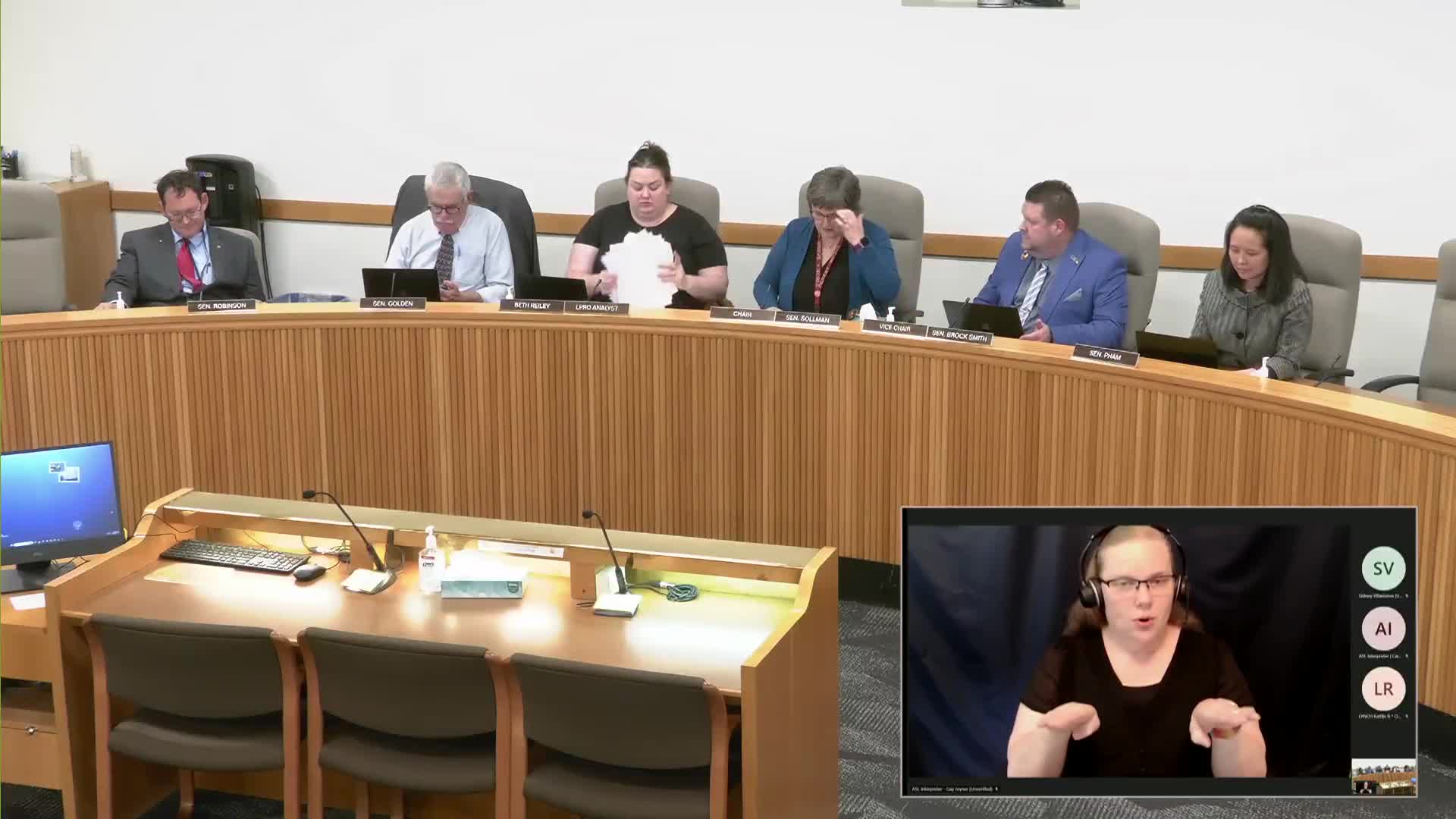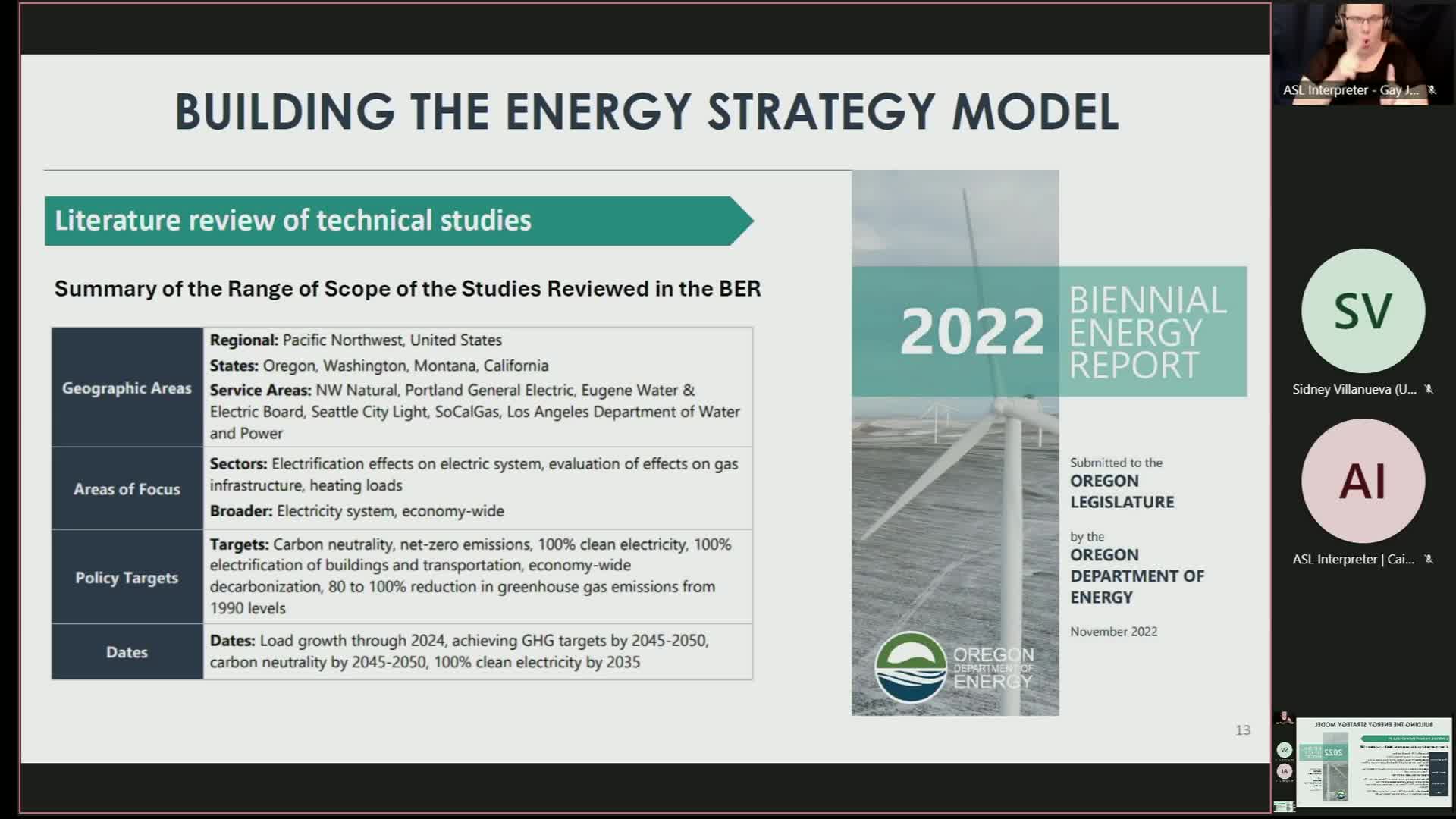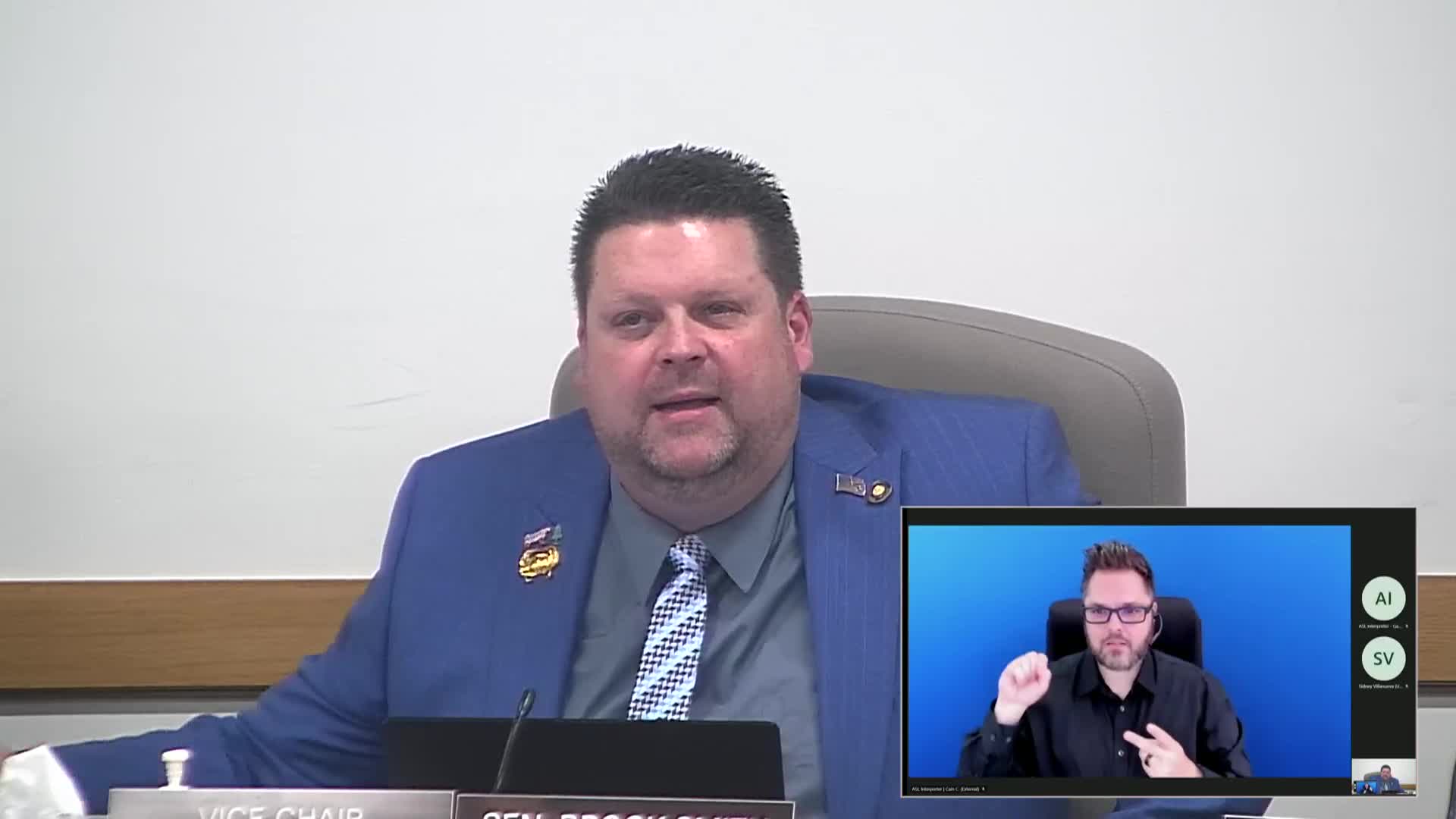Article not found
This article is no longer available. But don't worry—we've gathered other articles that discuss the same topic.

Public hearing: bill would require wind developers to seek FAA determination, install light-mitigation systems

Senate committee adopts amendment to let Oregon add funds to existing heat pump contracts, sends bill to floor

